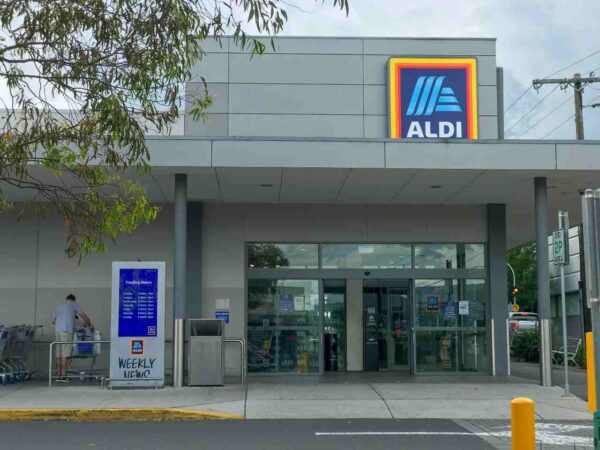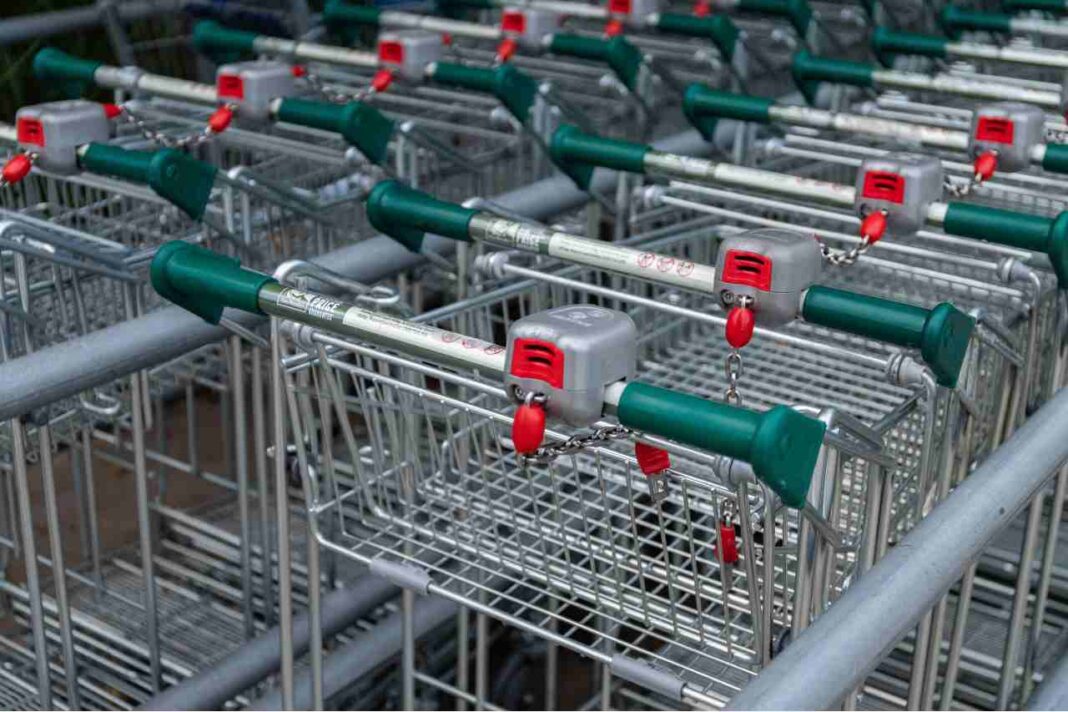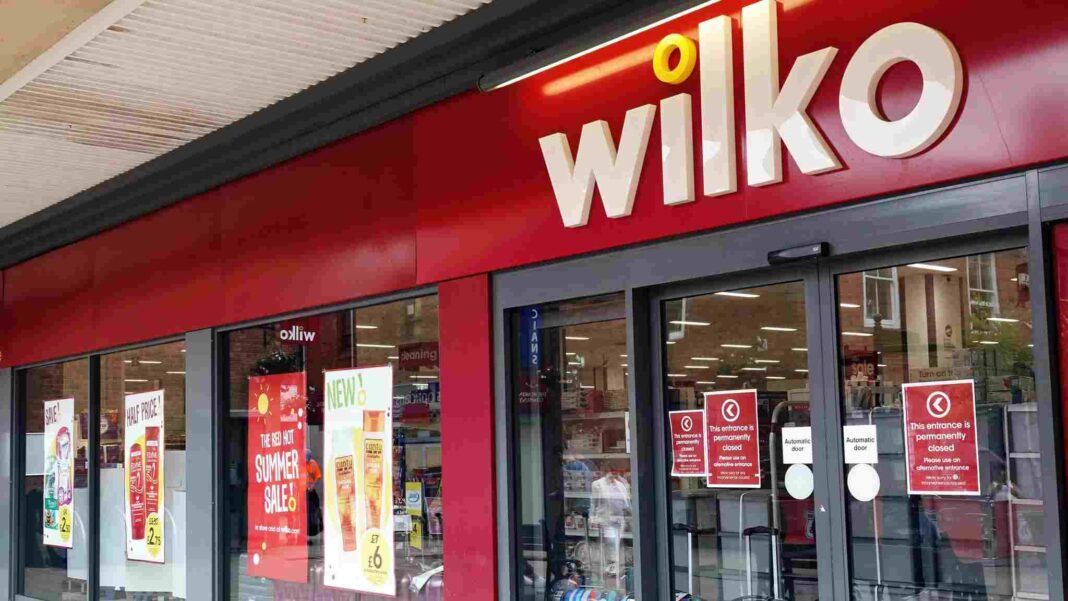The Cheapest UK Supermarket in July Has Been Named
In the ever-changing landscape of grocery prices, and the high-cost of living, it’s important for consumers to know where they can find the best deals.
Each month, consumer champion Which? compares the prices of popular groceries at the biggest UK supermarkets to determine which one offers the best value. In July, the title of the cheapest supermarket went to Aldi, beating out its rival Lidl by a small margin.
Aldi has been named the cheapest supermarket for the 14th consecutive month.
Which? conducts its monthly comparison by analysing the prices of a basket of 38 goods from each of the major UK supermarkets. This basket represents a range of essential items that are commonly purchased by consumers. In July, the total cost of this basket at Aldi was £71.22, making it £16.02 cheaper than the most expensive supermarket on the list, Waitrose, which had a price tag of £87.24 for the same set of goods.
It’s worth noting that Aldi and Lidl do not always stock big-brand products, so Which? also compares the prices of a larger trolley of 135 items, which includes the original 38 products from the basket comparison, as well as 91 additional items. In this comparison, Aldi and Lidl are not featured, as they may not carry all the big-brand products included in the larger trolley.
The Cheapest Supermarkets for a Basket of 38 Items

Let’s dive into the prices for the basket of 38 items. Here is a list of the supermarkets ranked from cheapest to most expensive:
Aldi – £71.22
Lidl – £72.60
Asda – £78.65
Tesco – £79.59
Sainsbury’s – £81.06
Morrisons – £82
Ocado – £86.26
Waitrose – £87.24
As we can see, Aldi takes the lead with the lowest prices, followed closely by Lidl. The price gap between Aldi and Waitrose is significant, with Aldi offering savings of £16.02 on the basket of 38 items compared to Waitrose.
The Cheapest Supermarkets for a Trolley of 135 Items
Moving on to the comparison of prices for a larger trolley of 135 items, the results reveal some interesting changes. Here is the ranking of supermarkets based on their prices for the larger trolley:
Morrisons – £341.92
Asda – £342.14
Tesco – £360.97
Ocado – £367.96
Sainsbury’s – £370.54
Waitrose – £376.66
In this comparison, Morrisons emerges as the cheapest supermarket, dethroning Asda, which held the title since January 2020. Morrisons offered the larger trolley of 135 items for £341.92, which was £34.74 cheaper than Waitrose, the most expensive supermarket in this category.
Factors Contributing to Aldi’s Success
The consistent success of Aldi as the cheapest supermarket raises the question: What sets Aldi apart from its competitors? There are several factors that contribute to Aldi’s ability to offer competitive prices:
- Emphasis on Private Label Brands
Aldi places a strong emphasis on its private label brands, which account for a significant portion of its product offering. By cutting out the middleman and sourcing products directly from suppliers, Aldi is able to offer high-quality goods at lower prices compared to branded equivalents. This strategy allows them to pass on savings to their customers.
- Limited Product Selection
Unlike traditional supermarkets that carry a vast array of products, Aldi focuses on a limited selection of carefully curated items. By streamlining their product range, Aldi can negotiate better deals with suppliers and reduce costs associated with inventory management. This efficiency translates to lower prices for customers.
- Cost-Effective Store Design
Aldi stores are designed with efficiency in mind. They are typically smaller in size compared to traditional supermarkets, which reduces overhead costs. Additionally, Aldi utilizes a self-service model where customers bring their own bags and pack their groceries, eliminating the need for additional staff. These cost-saving measures contribute to Aldi’s ability to offer competitive prices.
- Lean Operating Model
Aldi operates with a lean business model, which means they prioritize cost control and efficiency in all aspects of their operations. From supply chain management to store operations, Aldi continuously looks for ways to optimize processes and reduce expenses. This lean approach allows them to maintain low prices without compromising on quality.
The Importance of Affordable Food Options
The findings from Which? comparison highlight the significance of affordable food options for households facing budget constraints. Natalie Hitchins, the head of home products and services at Which, emphasizes the need for supermarkets to assist consumers during times of economic uncertainty. She believes that supermarkets should ensure easy access to basic, affordable food ranges at all store locations, including smaller convenience stores. Hitchins also emphasizes the importance of transparent and comparable pricing to help customers make informed decisions.
In conclusion, Aldi’s consistent reign as the cheapest UK supermarket reflects its commitment to providing affordable options for consumers. Through its emphasis on private label brands, limited product selection, cost-effective store design, and lean operating model, Aldi has managed to offer competitive prices without compromising on quality. As consumers navigate the cost-of-living crisis, it’s crucial for supermarkets to prioritize affordability and transparency in order to support their customers’ needs.



